The largest scientific forum in the nuclear energy sector, taking place at a time when Vietnam restarts its national nuclear power program and promulgates the Law on Atomic Energy (amended). One of the Forum's key tasks is to develop human resources for the nuclear energy sector.
Taking place from October 8-10, at Furama International Convention Palace in Da Nang city, Vietnam Atomic Energy Institute (VINATOM) organized the 16th National Conference on Nuclear Science and Technology (VINANST-16), gathering more than 400 delegates from more than 80 domestic and foreign organizations.
According to experts, VINANST-16 is not only a place to announce the latest scientific research results, but also has strategic significance in contributing to shaping the vision of developing Vietnam's nuclear energy associated with high-quality human resources, safe infrastructure and extensive international cooperation.
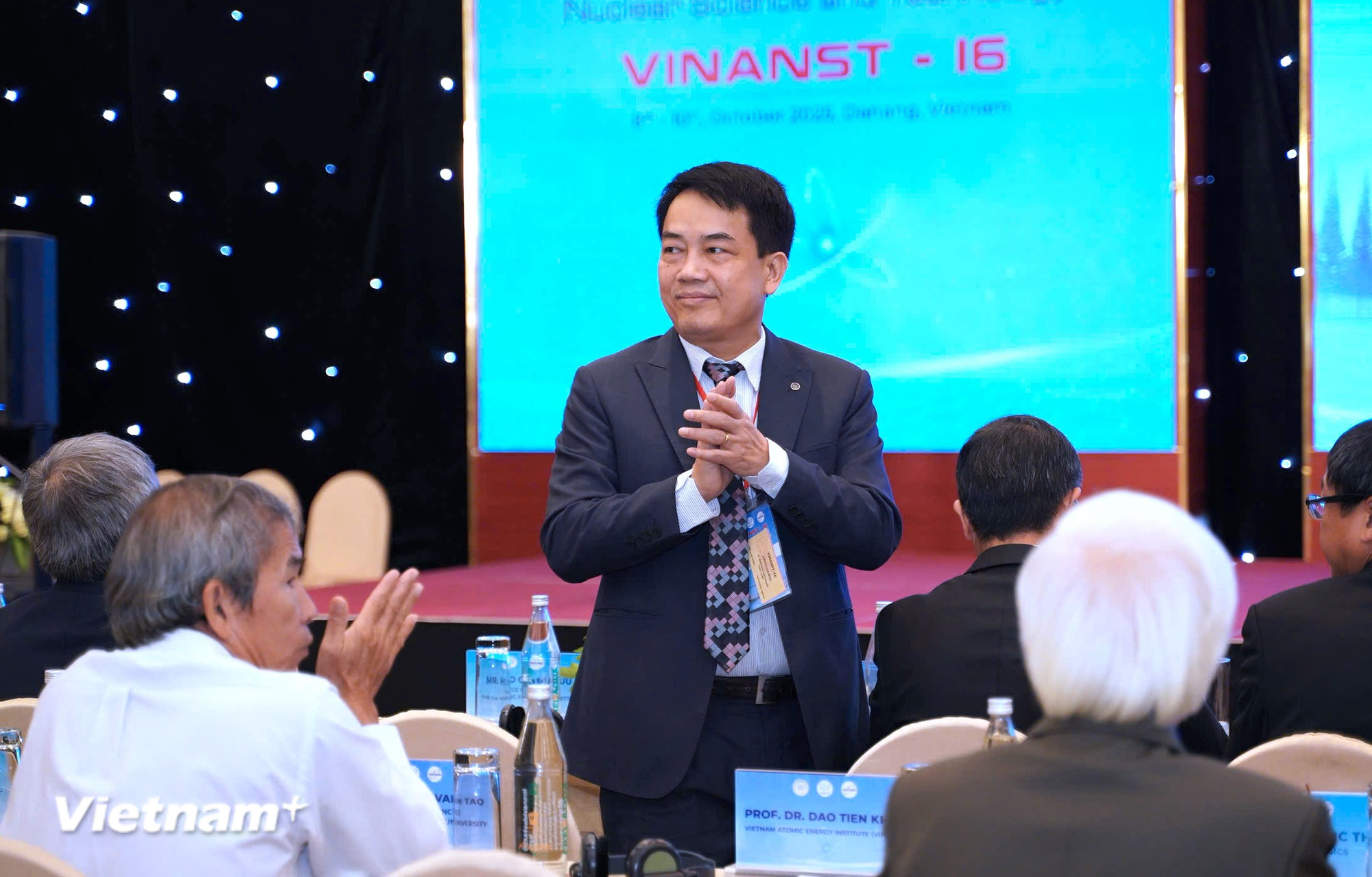
Speaking at the conference, Dr. Tran Chi Thanh, Director of the Vietnam Atomic Energy Institute, emphasized: “In the past two years, the Institute has achieved many outstanding results in research and application of nuclear technology. In 2024 alone, we had more than 300 international publications, successfully implementing many projects in the fields of nuclear physics, radiopharmaceuticals and reactor safety.”
He said that the Institute is implementing the Nuclear Science and Technology Center (CNST) Project in Dong Nai , in cooperation with Rosatom Corporation (Russian Federation). This project is considered a strategic infrastructure, serving research, training and technical support for the national nuclear power program. “The Center will be an important foundation for Vietnam to move closer to the goal of mastering technology and participating in the global value chain in the field of atomic energy.”
"Do not trade safety for progress or scale"
Human resources are considered a decisive factor in the development of the nuclear energy industry. According to the Vietnam Atomic Energy Institute, to operate a new research reactor, Vietnam needs about 400 experts, engineers and technical staff, most of whom must be newly trained according to a long-term plan until 2030.
The Government issued Decision No. 1012/QD-TTg dated May 26, 2025 approving the Project on human resource development for the nuclear energy industry until 2035, aiming to train nearly 4,000 workers for the two nuclear power plants Ninh Thuan 1 and 2, along with hundreds of experts, lecturers and managers with specialized capacity. This is a necessary preparation step to ensure high-quality human resources for Vietnam's reviving nuclear industry.
Dr. Tran Chi Thanh said, “In the nuclear industry, leading experts are always needed. Only when there is such a team, can the industry truly develop.” The Institute is currently coordinating with the Ministry of Education and Training, universities and international organizations to implement training programs and foster high-level nuclear human resources, aiming at international standards.
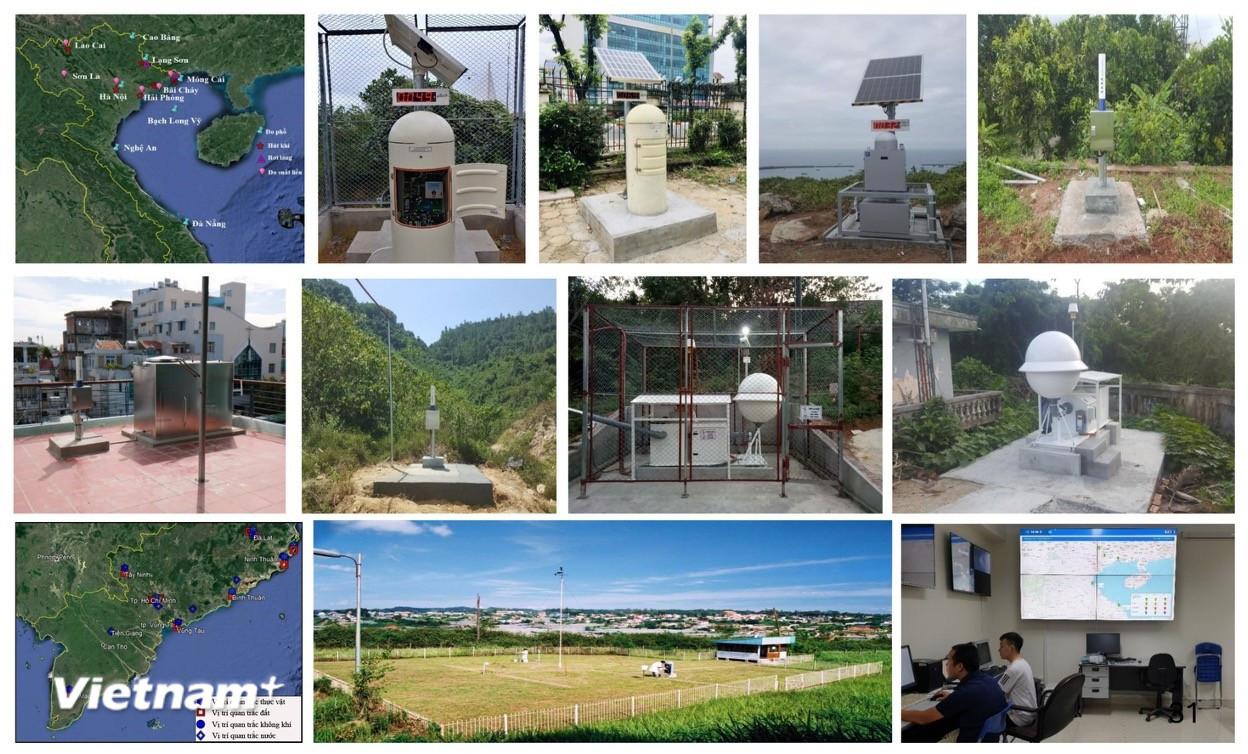
Speaking at the conference, Deputy Minister of Science and Technology Le Xuan Dinh affirmed: “Vietnam’s nuclear energy industry needs to develop sustainably and cautiously, absolutely not trading safety for progress or scale. At the same time, it is necessary to build a safety culture as a foundation, develop endogenous capacity and master technology.”
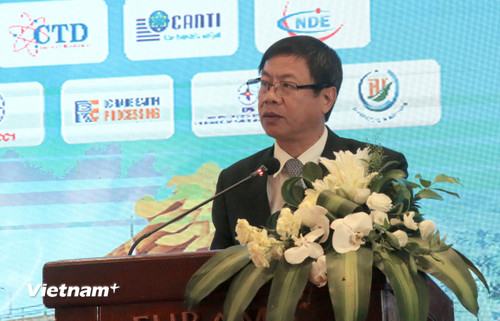
According to him, this conference is an opportunity for the Vietnamese and international scientific communities to exchange and share experiences, concretizing the direction of General Secretary To Lam on developing atomic energy in a modern, safe direction and associated with extensive international cooperation.
Towards technical autonomy and operational safety
At the conference, international experts from Korea, Japan, Sweden, Russia and China shared new technological advances, from small modular reactors (SMRs), electron beam technology to irradiation applications in industry and medicine. This is an important opportunity for Vietnam to access advanced technology, expand research cooperation and technology transfer.
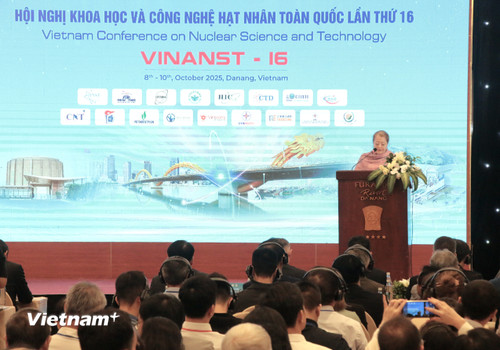
Ms. Mizonova Maria Georgievna, Consul General of the Russian Federation in Da Nang, emphasized: “The Russian Federation has always been a reliable partner of Vietnam in the nuclear field. We are ready to cooperate comprehensively in human resource training, infrastructure construction and applied research. The Nuclear Science and Technology Center project in Dong Nai is a concrete demonstration of effective cooperation between the two countries.”
As the host locality, Chairman of the Da Nang People's Committee Pham Duc An said the city currently has more than 500 radiation facilities, mainly in medicine, industrial irradiation and food preservation.
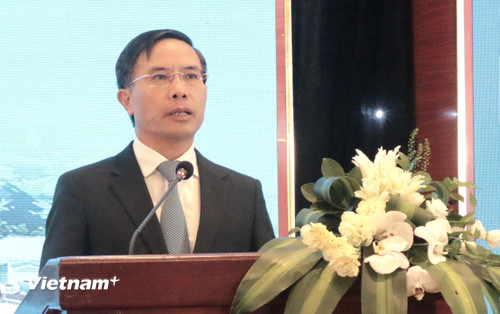
“Da Nang has established a Nuclear Radiation Incident Response Command Board, organized regular drills and implemented safety management throughout the area,” he said, expressing his desire to expand cooperation to apply nuclear technology for sustainable development.
The results of international research and cooperation in recent times show that Vietnam is gradually asserting its position in the field of nuclear energy in the region. Promoting training, technology development and perfecting the legal framework will help Vietnam move towards technical autonomy, operational safety, and gradually realize the goal of developing safe, modern and sustainable nuclear energy./.
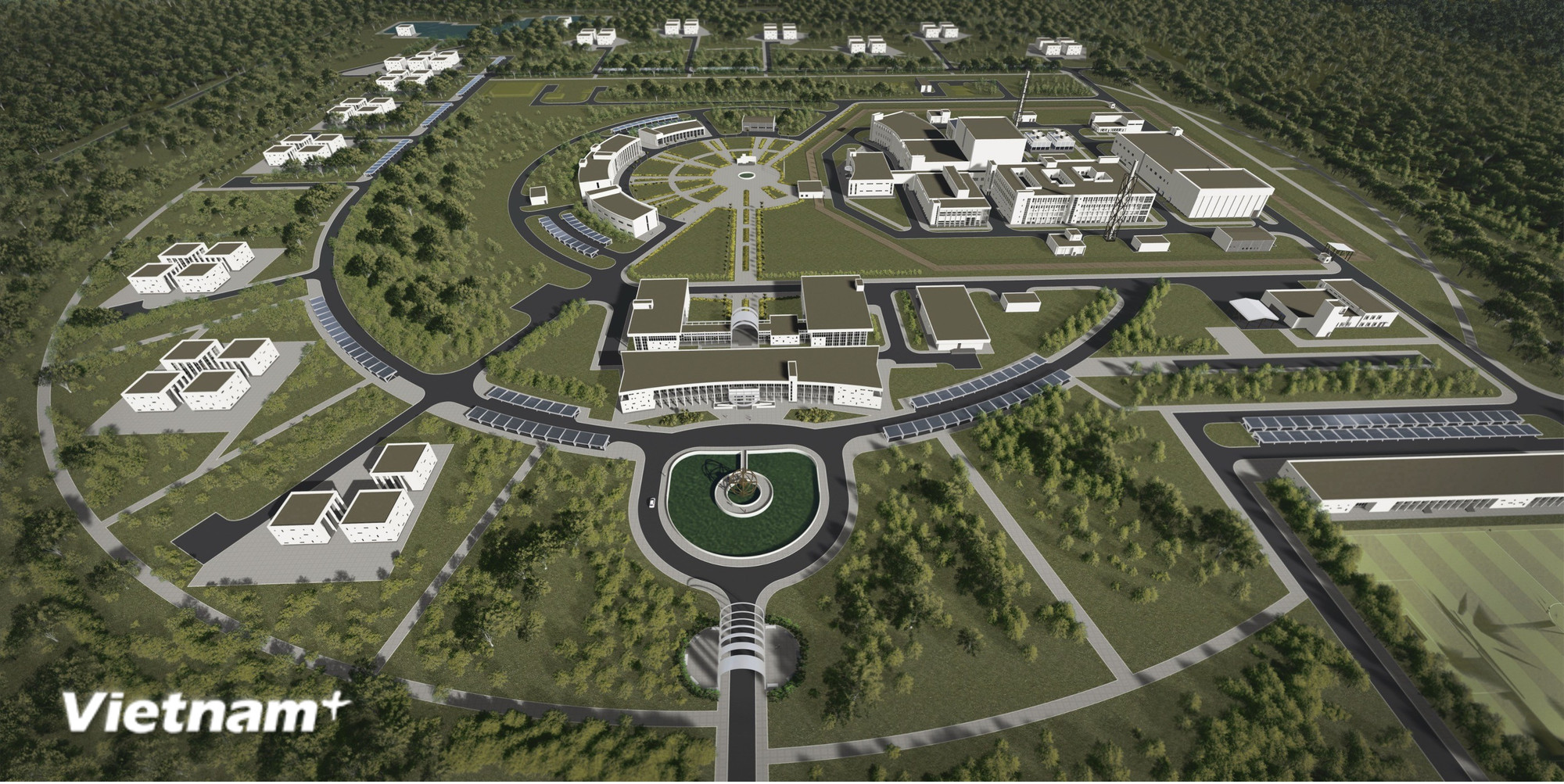
Source: https://www.vietnamplus.vn/nhan-luc-va-hop-tac-chia-khoa-mo-canh-cua-nang-luong-hat-nhan-viet-nam-post1068943.vnp


![[Photo] Closing of the 13th Conference of the 13th Party Central Committee](https://vphoto.vietnam.vn/thumb/1200x675/vietnam/resource/IMAGE/2025/10/08/1759893763535_ndo_br_a3-bnd-2504-jpg.webp)









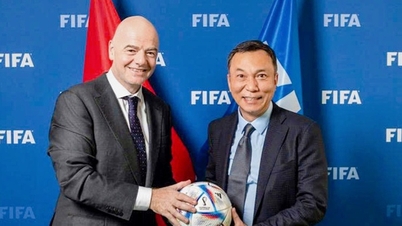




















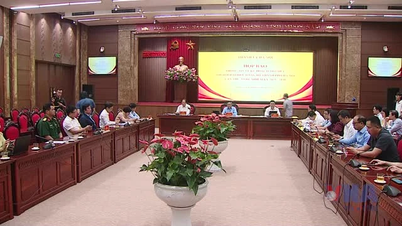

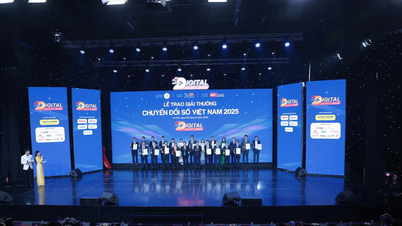



























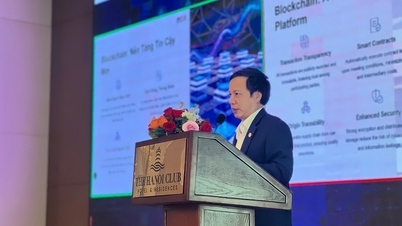














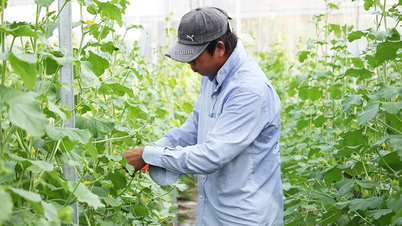

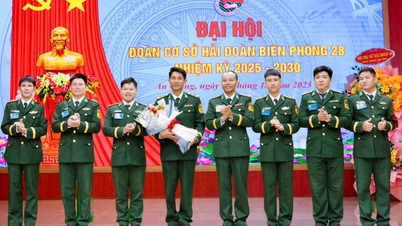


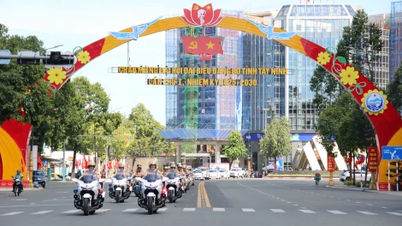


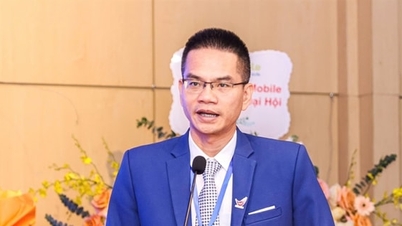















Comment (0)